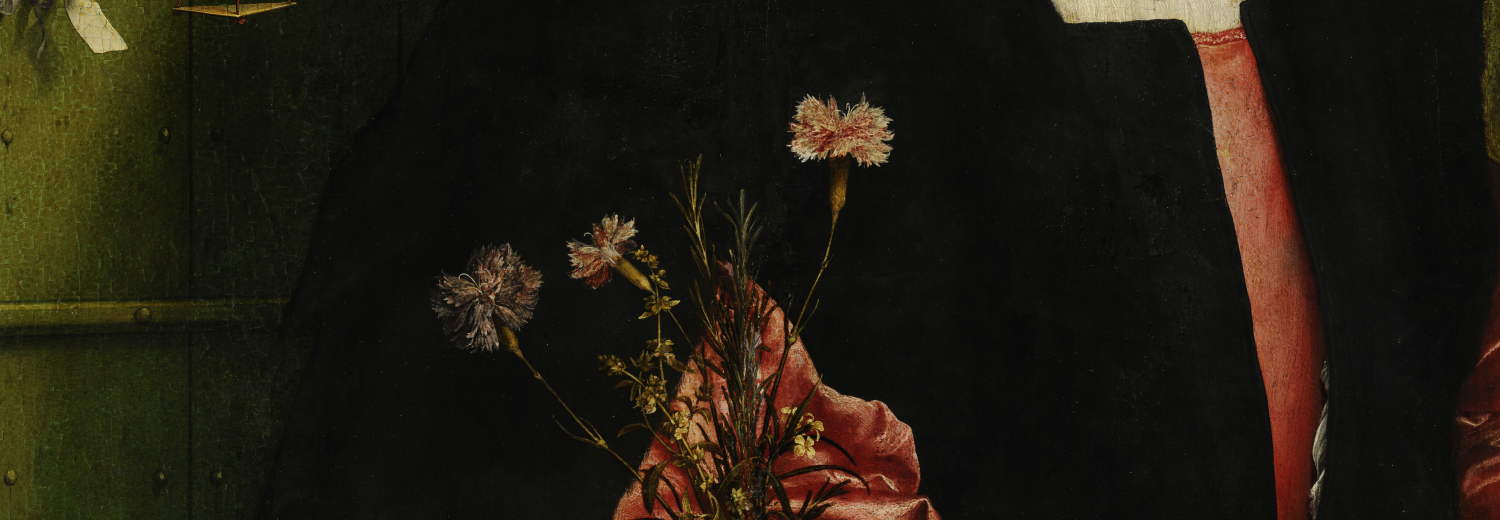Justyna Wubs-Mrozewicz: ‘War, money, language.'
Justyna Wubs-MrozewiczThe paper of Justyna Wubs-Mrozewicz ‘War, money, language: History as a versatile argument in conflicts in premodern Danzig’ showed that this argument was present in conflicts on various levels (state, city, individual), and in various forms. Both personal history and ‘big(ger)’ history played a role in conflicts, namely when parties framed the past and presented it as meaningful for them and as a factor in how the conflicts were to unfold.
The use of the historical argument in conflicts was clearly oriented towards the future of the relations. Also avoidance of the historical argument in favour of others, e.g. appeal to Christianity, could be a conscious choice. The past could thus be remembered or forgotten, with specific goals in mind. This places the topic in an interesting relation to memory studies, something we have also seen in the papers of Jackson Armstrong or Jenny Benham.
The paper discussed references to the war with the Teutonic Order (1454-1466), an individual case of a loss of ship and goods and some examples of what references to the past could be linked to: reputation, obligation, benevolence, pointing towards the value of relationships, being part of social memory. Not only diplomats from cities or the emperor, well versed in the documents held by their archives made references to history. An angry widow could also present her interpretation of the past, in a court case which dragged on for years.
It is striking that opposites could be argued with history in hand: e.g. the right of autonomy or dominance, the need of resolution or the continuation of a conflict.
Next to a discussion of conflict management, the paper was a more general exploration of why history matters – and that it matters not only to historians interpreting the past.
Justyna Wubs-Mrozewicz: contact details
Forthcoming book, with Stuart Jenks: Message in a Bottle. Merchants’ letters merchants’ marks and conflict management in 1533-34. A source edition (Brepols 2022)

Comments
Add Comment